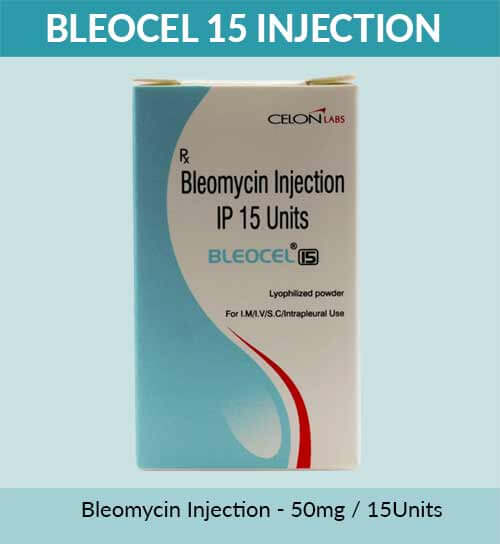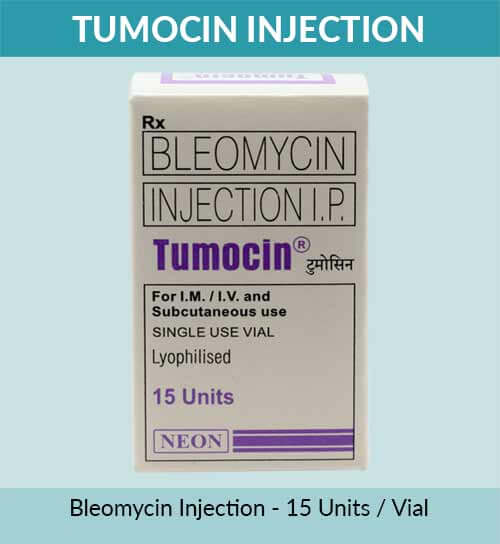Bleomycin
Bleomycin is a medication used in the treatment of certain types of cancer, including testicular cancer, Hodgkin lymphoma, and some types of head and neck cancers. It belongs to a class of drugs known as antineoplastic antibiotics.
Bleomycin works by interfering with the DNA structure of cancer cells, leading to the inhibition of their growth and division. It acts by causing breaks in the DNA strands and preventing DNA replication. This ultimately results in the death of cancer cells.
The medication is typically administered through injection, either into a vein or directly into a specific area of the body, depending on the type and location of the cancer being treated. The specific dosage and treatment regimen are determined by the healthcare provider based on the individual’s condition, response to therapy, and other factors.
Common side effects of bleomycin may include fever, chills, nausea, skin rash, and lung-related side effects such as cough or difficulty breathing. More serious side effects, such as lung toxicity or allergic reactions, can occur but are less common. Regular monitoring of lung function and other parameters may be recommended during treatment.
Bleomycin should only be used under the guidance and prescription of a qualified healthcare professional experienced in the treatment of cancer. It may interact with other medications, so it is important to inform the healthcare provider about all medications being taken, including over-the-counter drugs and supplements.
In summary, bleomycin is a medication used in the treatment of certain types of cancer. It interferes with the DNA of cancer cells to inhibit their growth and division. Regular monitoring and adherence to healthcare provider instructions are important during bleomycin treatment.
Note – The brand names and product descriptions used on this site are for informational purposes only and are the property of their respective owners.


